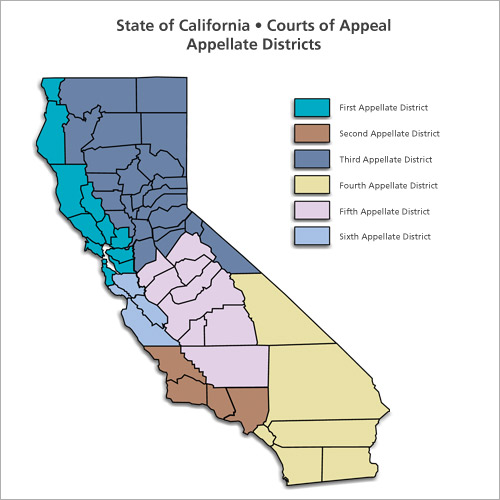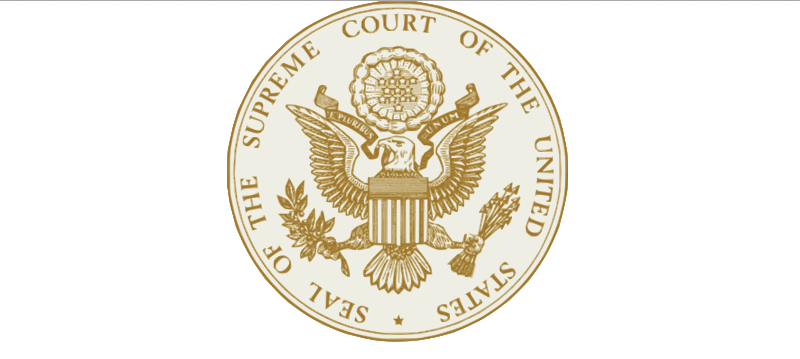Many Californians have high expectations that cannabis is legal in California. This is a reasonable assumption because Civil Code section 1550.5 says it is. We regret to inform that cannabis is illegal in California because federal law says so. (Id., p. 1.)
The county grants a conditional use permit (CUP) for the cultivation of cannabis. To issue a CUP, the county’s land use code requires a finding that the streets and highways are adequate for the proposed use. A private easement over a neighbor’s land is the only access to the land subject to the CUP. The owner of the servient tenement objects to the use of his land to transport cannabis. The servient owner petitions for a writ of administrative mandate challenging the county’s grant of the CUP. The trial court denies the petition. We reverse because under federal law cannabis is illegal in California and everywhere else in the United States. The servient tenant’s objection on this ground is sufficient to defeat the CUP. That the possession and cultivation of cannabis has the imprimatur of legality in California is beside the point. (Id., pp. 2-3; emphasis added but footnote omitted)
Crandall first discussed the objection by the landowner and its claim it must consent to the use of the easement for cannabis transport. The Second District found that Business & Professions Code section 26051.5(a)(2), providing that a cannabis owner must show "consent" to use the property where the growing will take place, required such consent from the "landowner" of the easement used to transportation. This section therefore was not limited to situations where the "landowner," the word used in the statute, is a landlord whose tenant is using the property for cannabis, the restrictive reading urged by the County.
The Second District also found that even if section 26051 did not require the "landowner" to give consent, the transportation of cannabis exceeded the scope of the easementm, granted for agricultural purposes, because it involved the transportation of an "illegal" substance.
Specifically, under the Supremacy Clause of the United States Constitution, Federal law makes cannabis illegal in every state. Therefore, in perhaps the most important portion of the opinion, the court explained there was no doubt the "product" to be transported via the easement was illegal:
It is often said that cannabis is legal in California. The statement is not true. Under federal law cannabis is illegal in every state and territory of the United States. (See Controlled Substances Act, 21 U.S.C. § 801 et seq.; 21 U.S.C. § 812 (c)(10); City of Garden Grove v. Superior Court (2007) 157 Cal.App.4th 355, 377.) Article VI, Paragraph 2 of the United States Constitution, known as the Supremacy Clause, provides in part, “The Constitution, and the Laws of the United States . . . shall be the supreme Law of the Land; and the Judges in every State shall be bound thereby, any Thing in the Constitution or Laws of any State to the Contrary notwithstanding.” (Id., p. 5.)
Noting there is a difference between permission to transport a legal and an illegal product, the appellate court stated the easement did not contemplate the transport of the product of illegal cannabis growing. Consequently, it was a "taking" of the petitioner's land to require that it involuntarily provide an easement:
The scope of the easement does not include the illegal transport of cannabis. Civil Code section 1550.5, subdivision (b) cannot expand the scope of the easement to allow such use. A statute that authorizes the permanent physical invasion of the land of another is void as violating the Takings Clause of the Fifth Amendment to the United States Constitution. (Loretto v. Teleprompter Manhattan Catv Corp. (1982) 458 U.S. 419, 426) (Id., p. 7.)
The judgment of the Hon. Jed Beebe, Judge Presiding, finding the CUP and the easement required to issue the CUP was properly granted, was therefore reversed.






